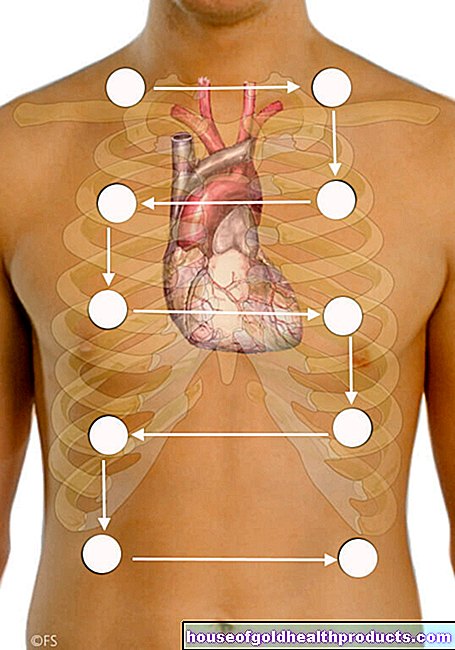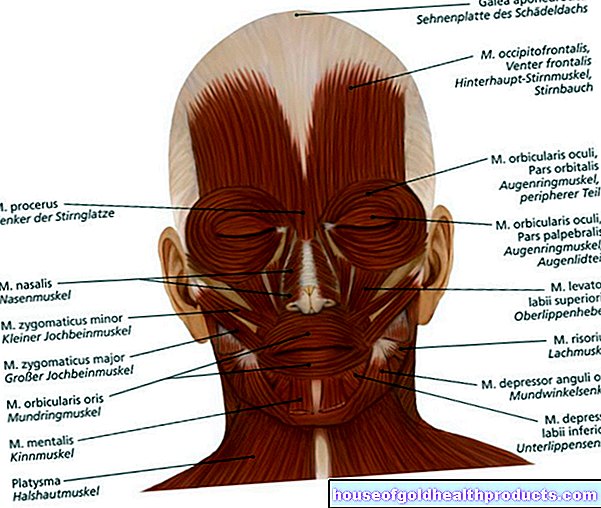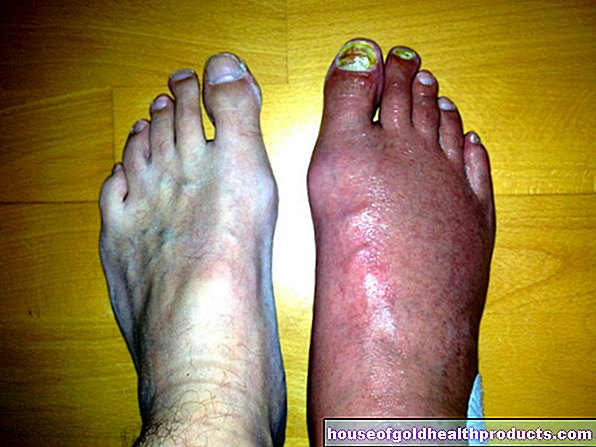Zika virus: "act quickly and decisively"
All content is checked by medical journalists.The mosquito-borne Zika virus has spread rapidly in South America - especially in Brazil, where thousands have already been infected. Scientists are now calling on the World Health Organization (WHO) to take effective countermeasures quickly.
"If we have learned anything from the Ebola crisis, it is that it is important to act early and decisively," says Lawrence Gostlin of Georgetown University in Washington. The WHO's failure in the face of the Ebola crisis cost thousands of lives, the researcher said. Together with his colleague Daniel Lucey, he warns in the journal JAMA of the potentially serious effects if precautions are not taken immediately against the Zika epidemic.
For a long time, little attention was paid to the disease. Most infected people have no symptoms at all, and if they do, the infection is usually mild. However, the image of the harmless fever has changed radically recently: Since there has been increasing evidence that the virus can cause brain damage in unborn children, experts have been following the pathogen's triumphant advance with increasing concern.
Danger to the unborn
Parallel to the rapid increase in the number of infected people in Brazil, a noticeable number of children were born with a so-called microcephalus. The child's head is unnaturally small. As a rule, children are severely restricted in their brain development. There is a risk of incoordination, seizures and severe intellectual disabilities. "It would be irresponsible if a lack of preparation resulted in unnecessary Zika infections and possibly mental deficiencies in children," said Gostlin.
Meanwhile, the Minister of Health of El Salvador, Eduardo Espinoza, has appealed to all women in his country of childbearing age to avoid pregnancy. The German Foreign Office, meanwhile, advises pregnant women not to travel to areas of infection.
Long-term effects of an infection
But the virus could also be dangerous for adults. It could provoke the normally very rare and potentially fatal Guillain-Barré syndrome. The immune system attacks the sheaths of the nerve fibers, which leads to increasing paralysis. Virus infections are a possible trigger for the immune cells to attack the body's own structures. In El Salvador, 46 cases of the disease occurred within a good month - otherwise there are around 170 in the whole year.
It has already been shown that the virus can spread worldwide through infected travelers. The epidemic could be spurred on by the Olympic Games, which are due to take place in Brazil this year. Lucey and Gosling are calling for an international emergency committee to be formed that could initiate a so-called "Public Health Emergency of International Concern".
Get active quickly
"The world cannot wait for WHO to respond," say the researchers. The individual countries themselves should also take action: On the one hand, effective measures against the spread of the disease would be to combat the mosquitoes that transmit it by minimizing the breeding grounds, namely standing water points, and using insecticides. In addition, there are information campaigns, travel recommendations and a corresponding focus on the research and development of drugs and vaccines. In Brazil, for example, the army has now been called in for help: soldiers go from house to house, distributing information materials and mosquito repellants. (cf)
Source: The Emerging Zika PandemicEnhancing Preparedness FREE ONLINE FIRST
Daniel R. Lucey, MD, MPH1; Lawrence O. Gostin, JAMA. Published online January 27, 2016. doi: 10.1001 / jama.2016.0904






























